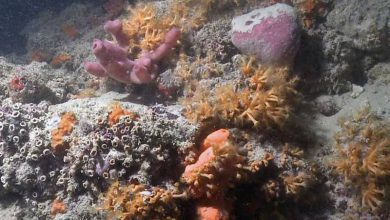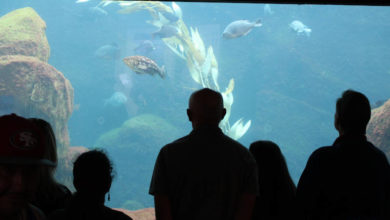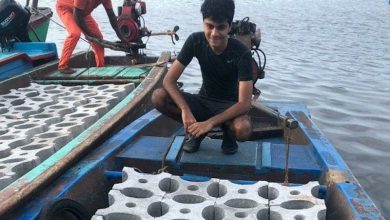Want to know the Litter status of Indian beaches
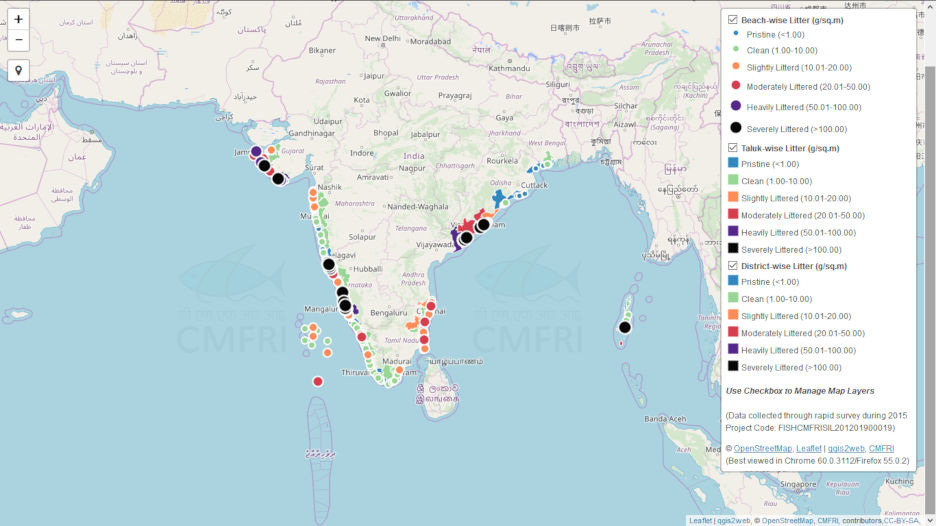
CENTRAL MARINE FISHERIES RESEARCH INSTITUTE (CMFRI) goes ahead and launches the detail map for knowing the litter status of India coast line and Indian beaches. India’s has over 7516.6 Km of coast line in this some beaches are open to the public and some are closed due to other security reason.
Now beach litter is man made which can be directly or indirectly but is a issue of concern for all of us. Litter happens when we don’t play our part right and take a very casual approach on the Indian beaches. Litter usually contains plastic i.e. single use carry bags and PET bottles of soft drinks, edible oils, detergents, beverages, cases of cosmetics, toothpaste, ice cream containers etc.
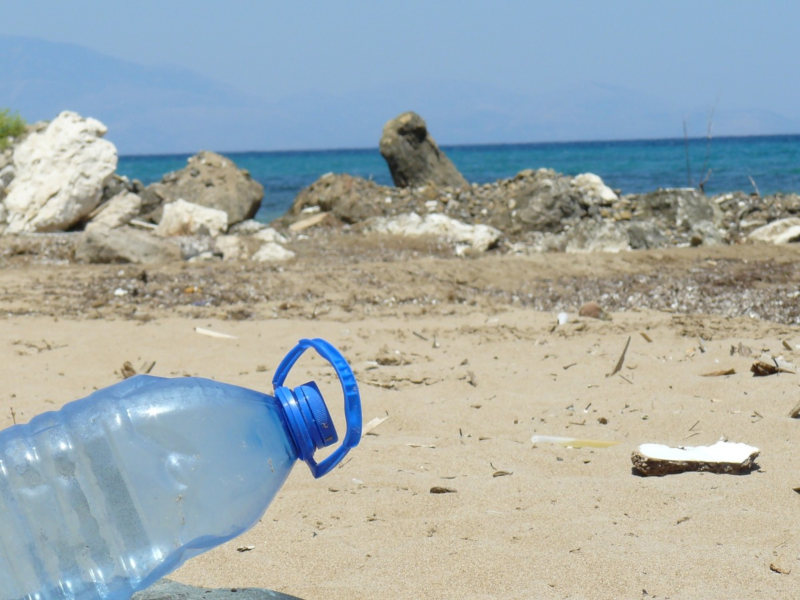
Solid waste management is the greatest challenge for a developing nations with the increase in population and increase in tourism, litter is the biggest issue we need to address. Once this litter is washed into the ocean which is expected to be over 9 million tons of waste this creates danger to the marine life and leads to extinction of these beautiful creatures. Nearly all species of sea turtle are classified as endangered and are on the verge of extension and nearly hundred of them die every year due to consumption of plastic we throw on the beaches.
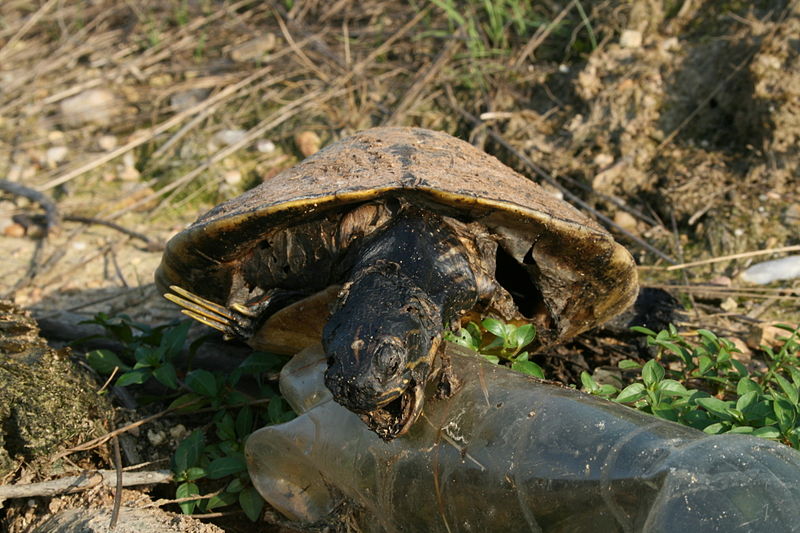
Now to know the litter status on the Indian beaches CMFRI has launched the detail map which can be accessed on the official CMFRI site. This gives us a clear picture that some of the famous beaches such us Porbander, Arambol, Vasco, Venkatanagaram, Chodupallipeta and Hado in the Andaman & Nicobar island are Severely Littered.
So with this official info, we urge all to wake up and look around. We need to take small steps to clean up and do our part. The below have already been reported around the word.
- Marine Animals Are Dying Because of Our Plastic Trash – One Green Planet
- Ocean Plastics Pollution – Biological Diversity
- We Know Plastic Is Harming Marine Life. What About Us? – National Geographic
- A single piece of plastic’ can kill sea turtles – BBC
Now the question is What can we do?
Well its quite simple take small steps such as recycle, use trash cans/dustbins for trash and and say no to plastic when we can.


